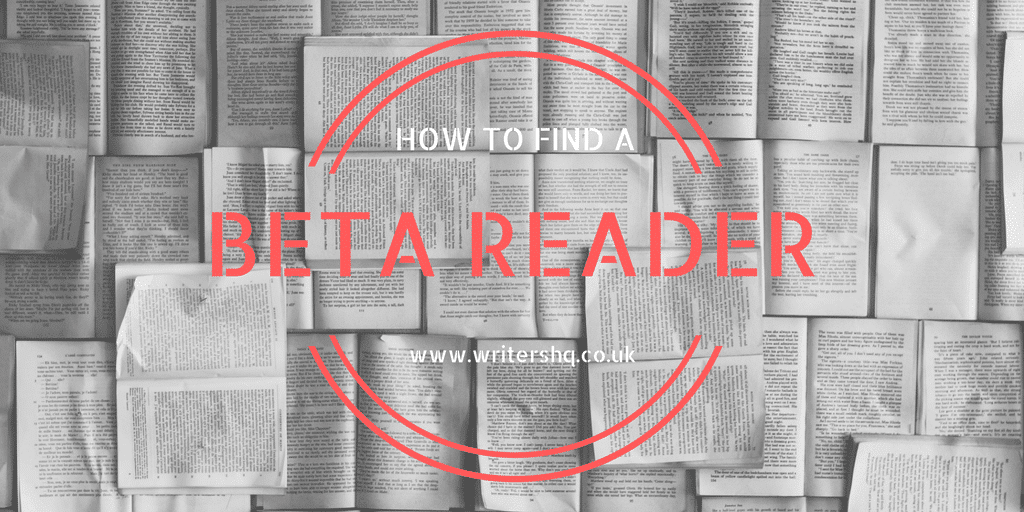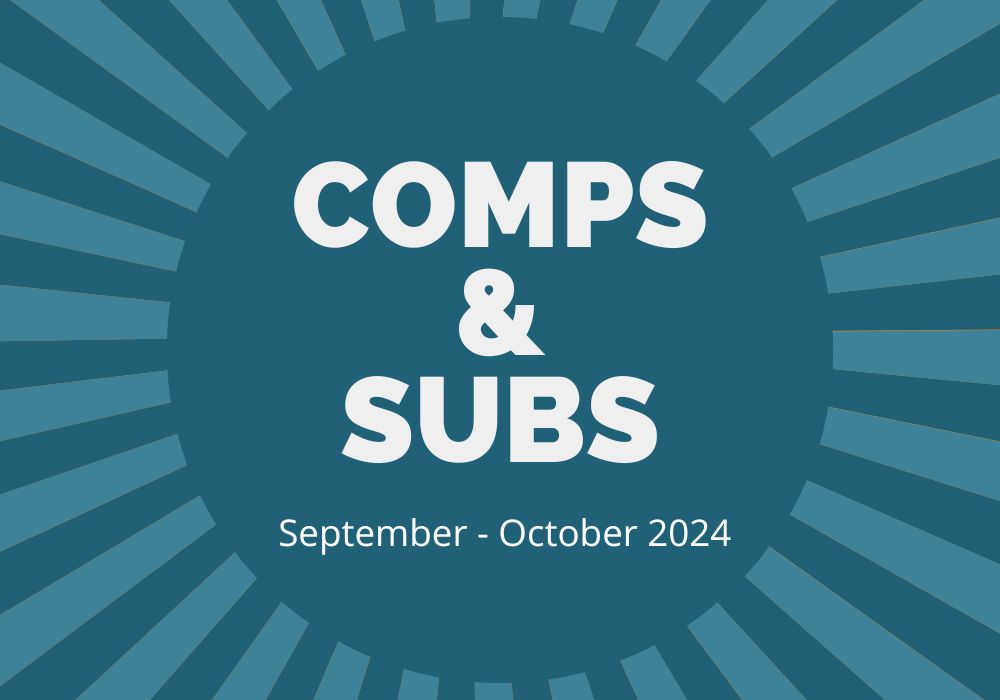
So your mum read your magnum opus and she thinks it’s great. It’s time to go looking for an agent, right?
Not so fast. Unless your mum is brutally honest, reads the genre you write and/or is a writer herself, you need a couple of badass beta readers. And you need them now.
It’s natural to want to give our work – especially our early work, when our egos are so fragile – to people who feel safe. Everyone starts out asking their best mate, or their partner, or their brother, to have a look at their story and see what they think. We choose people who love us and will be kind to us. But the harsh truth is that, often, they give pretty useless feedback.
Firstly, they pull their punches. Beta readers are there to tell you whether your story is working or not, to point out the flaws and the triumphs, to flag up when you’ve used a cliché or forgotten what season it is or your central character is impossibly unsympathetic. Is your best friend prepared to do that? Probably not.
Secondly, if your close-to-your-heart beta doesn’t read a lot, or has a very details-focused mind, then the feedback you do get may be wildly off. There’s nothing that can destroy a decent draft like a lot of super-helpful specific suggestions. You should make the story about Minor Character Z, she reminded me of myself when I was younger! I didn’t get that it was set in the 1970s, perhaps you should put in a nice long intro involving someone with an Afro driving a Ford Cortina and listening to 10cc?
Thirdly, you probably won’t trust the good feedback you get. Because we all know, in our heart of hearts, that an honest, experienced and impartial response to our work is the only one really worth having. Want to get it? Here’s how.
#1: Ask more than one person to read your work
No one opinion, no matter how qualified or relevant, will pick up everything there is to be said about your story. Get two or three opinions if possible, from the types of people listed below.
#2: Ask at least one person who reads what you write
This is a great way to find out how your work is going to come across to your target audience. You don’t need all your beta readers to be fans of your particular genre – in fact, it’s often helpful to have an external viewpoint – but you want one or two who read lots of what you write. They’re up on the genre clichés, they’ll appreciate your references and they’ll know if it’s been done before.
#3: Ask someone who is a writer
If a keen reader can give you an idea of how your target audience will experience your story, then a writer can give you the technical lowdown. They’ll tell you where your prose is AWESOME, and they’ll break it to you if your protagonist’s got no motivation. They’ll mention stories with similar themes that you might like to read, or helpful how-to books and online courses to help you with problem patches. Choose someone whose writing you respect, and who you know will be honest with you. (HINT: We have an amazing community of writers on our forums who might just be able to help you out…)
#4: Get out there
OK, I hear you say, I wish I knew some lovely writers and horror fans who could help me hone my New Weird novel but I don’t. I’ll just have to carry on pushing chapters under my flatmate’s door at night. It doesn’t have to be like that. It’s hard to find your people, but they do exist. Go to readings. Go to live literature nights. Join a writing group, go on a retreat or try a workshop. If you put yourself out there enough then you’ll find the people you want to hang out with. They’ll be very happy to meet you, because they’ll feel the same way.
#5: Take all advice with a pinch of salt
Constructive criticism is invaluable, but don’t treat it as gospel. That’s why you need two or three opinions. Compare and contrast them. We are all individuals, and views on your work will vary. You should absolutely listen to and respect constructive criticism from people you trust, but you also need to assess its validity for yourself. If you blindly apply every suggested change then you will end up with a story designed by committee, and no-one wants that.
#6: Read someone else’s stuff
Yep, beta-read for someone else. You’ll hopefully be doing this anyway, if you’ve asked a writer friend to look over your manuscript, because it’s nice to repay the favour. You’ll learn a lot from reading other peoples’ work, and it will help you to analyse your own. By helping someone else out you’ll be building a community of people who read and review each other’s work, and that’s a virtuous circle.

And finally, of course, you should always show love to your betas. Good ones are worth their weight in gold. Proper, in-depth beta reading is intensive work, and if someone has said yes to you then they’re an awesome human being. Thank them, offer to read for them in return, buy them chocolate or books you know they’ll enjoy. They’re helping you to be the writer you want to be. And they’re nothing to be scared of.








